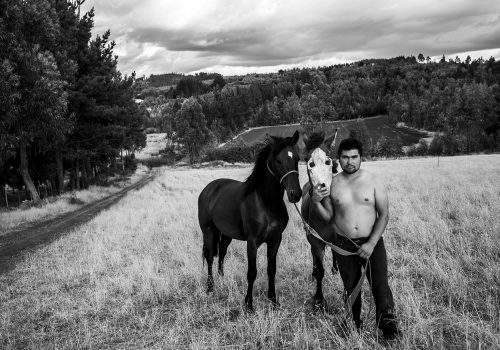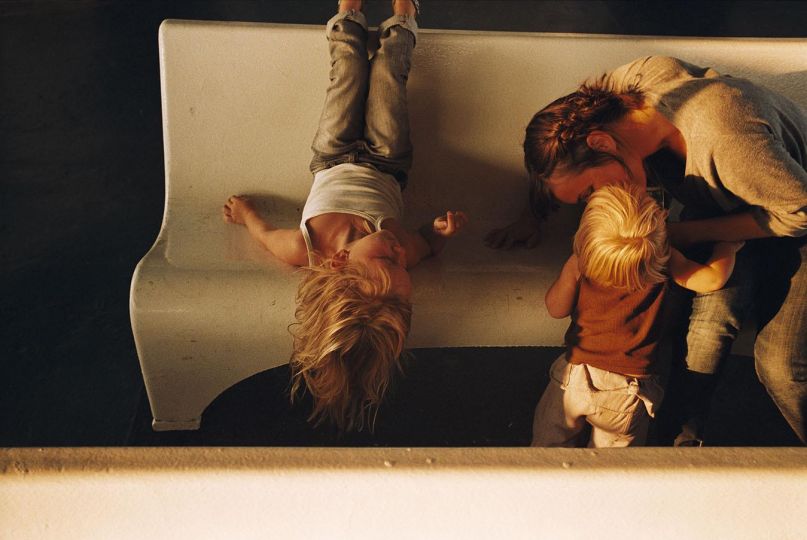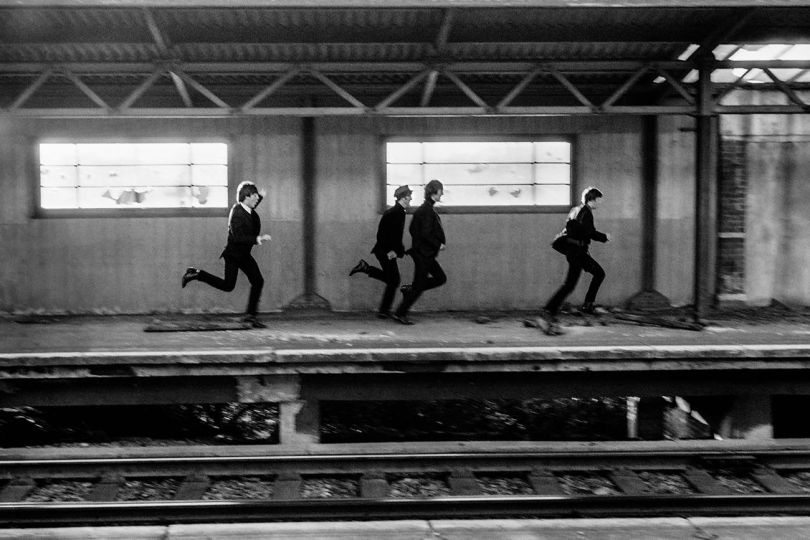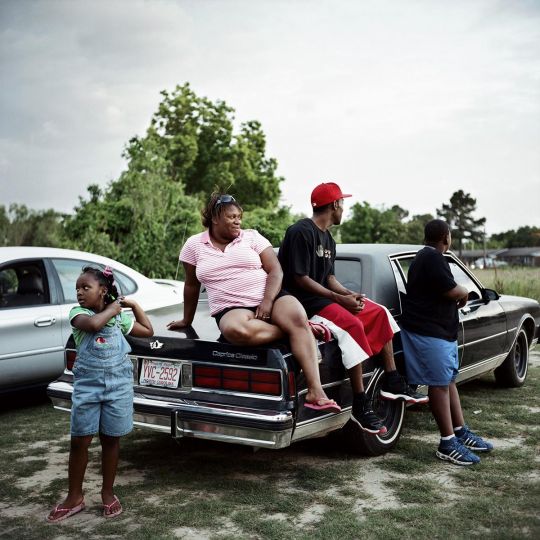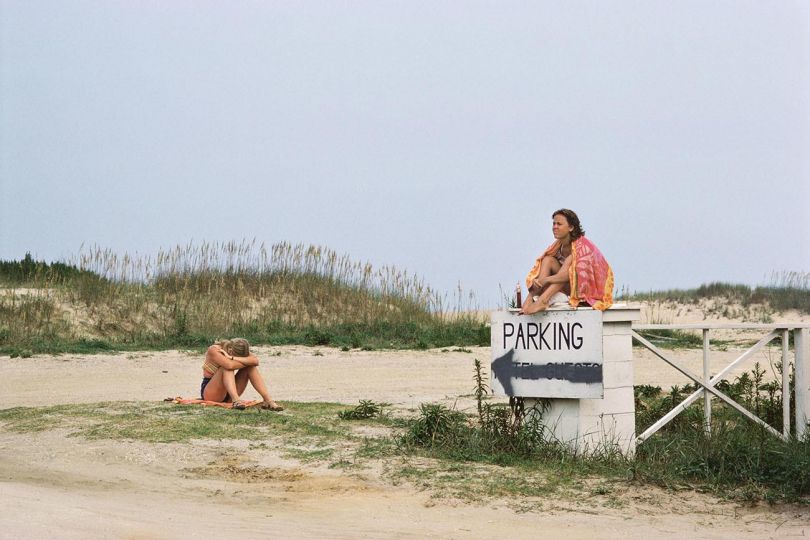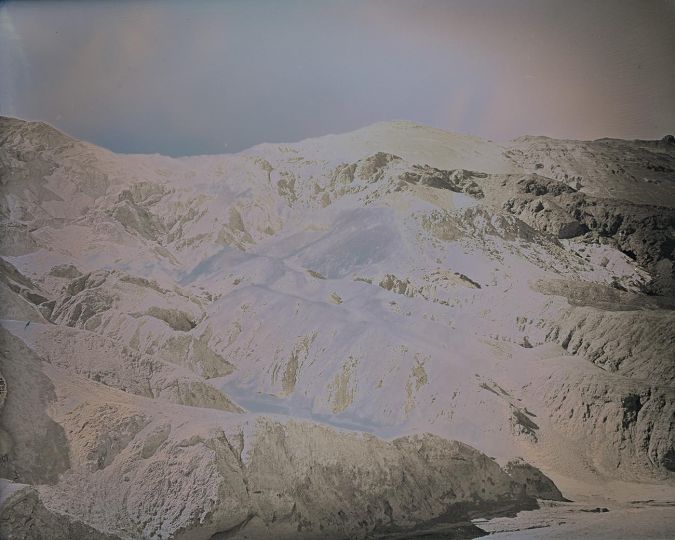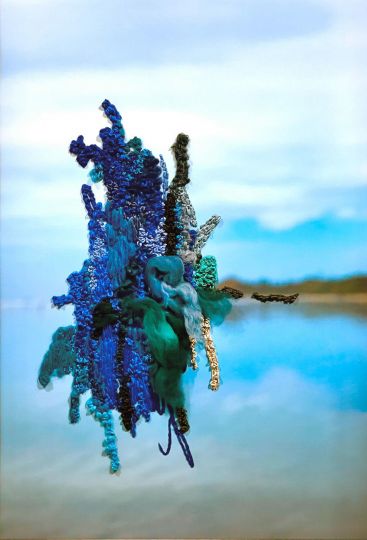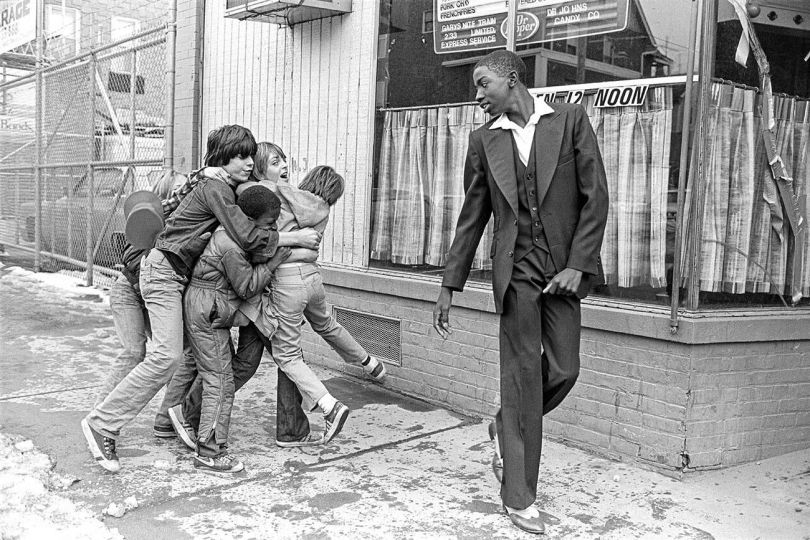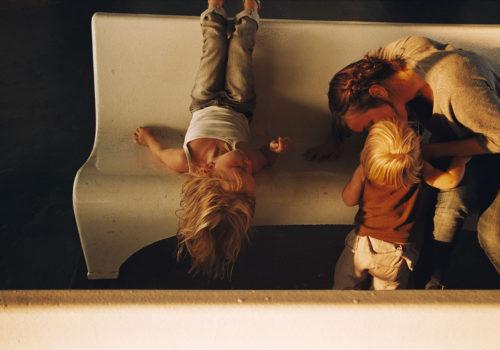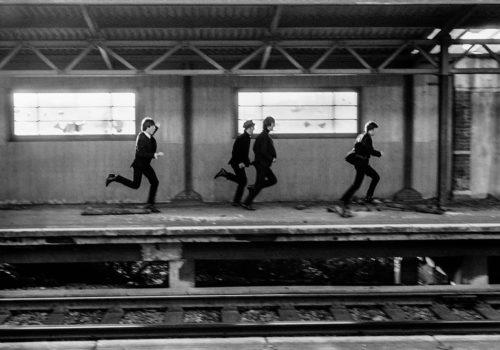From the age of 18, Pablo Ernesto Piovano works as a documentary photographer. He collaborates in international media such as Geo, Stern, Liberation, L’Express, Bloomberg.
The Spanish Crown found an unimagined pitfall in its colonizing plan of America: the Mapuche people. Unlike the Incas, who centralized power, the Mapuche people were autonomous. In what is now Argentina and Chile, they resisted and battled for almost three centuries. Such was the warrior aptitude of the Mapuche that it forced the Spanish Crown to sign agreements and recognize their territories. Military campaigns were unleashed between 1860 and 1885, a few decades after the creation of the Chilean and Argentine states. The Mapuche considered these a second invasion and it was misnamed as «Pacification of the Araucania» and «Conquest of the Desert.» Each with its own peculiarity, both representing the bloodiest ethnic genocide in the region. On the Argentinian side (Puelmapu), most of the original population was murdered, raped, imprisoned, enslaved, or marginalized to remote poor regions. All religious, and spiritual authorities were killed, and the social life of their communities was destroyed. On the Chilean side (Gulumapu), the military outpost was similar. The difference being that as more communities emerged, the number of survivors was more significant. This included ancestral authorities who were also stripped of their lands, which passed to the hands of landowners, military, and subsequently to European settlers called to “civilize” the nation..
The official history of Argentina and Chile tried for years to hide what, in part, was repeated during the last military dictatorships. In essence, territorial recovery processes that had begun in the 1960s were crushed with violence and death. However, in the last twenty years, different communities began new recovery processes. This process was not limited to the territory but include customs, spirituality, language, and history — all taken away by the victorious armies. Currently, the Mapuche, one of the most numerous native peoples in the world, is central to an unprecedented uprising. Their communities, while sharing the vindication of their cultural identity, remain autonomous from each other. And many lead strong defences of the Ñuke Mapu. Of late, Argentine and Chilean states began a new crusade against the Mapuche people. Pachamama started to oppose extraction projects of different kinds like forestry, mining, hydroelectric, oil companies. For this reason, because of damaging investments of multinationals and millionaire businesses, the Argentine and Chilean states began a new crusade against the Mapuche people, which includes murders and systematic persecution through Justice, state forces, and the media. With prisons full of Mapuche political prisoners, and many other clandestine to avoid falling into the grip of Justice in which they do not believe, tensions and violence are daily. Human rights violations are the order of the day, and the victims are often Mapuche children. Meanwhile, the world looks the other way.
curator
Nicolas HAVETTE
This work was made possible thanks to the public prize of the GEO GREENPEACE grant
Pablo Ernesto Piovano: Mapuches. Kuifi Aukiñ Ñi Trepetun – The Awakening Of Ancient Voices
Until September 5, 2020
Tuesday to Saturday 12 p.m. to 7 p.m.
Manuel Rivera-Ortiz Foundation
For Documentary Photography and Film
18 Rue de la Calade, Arles

